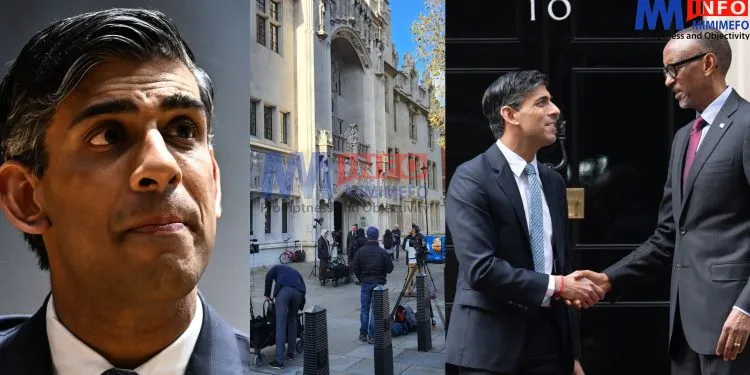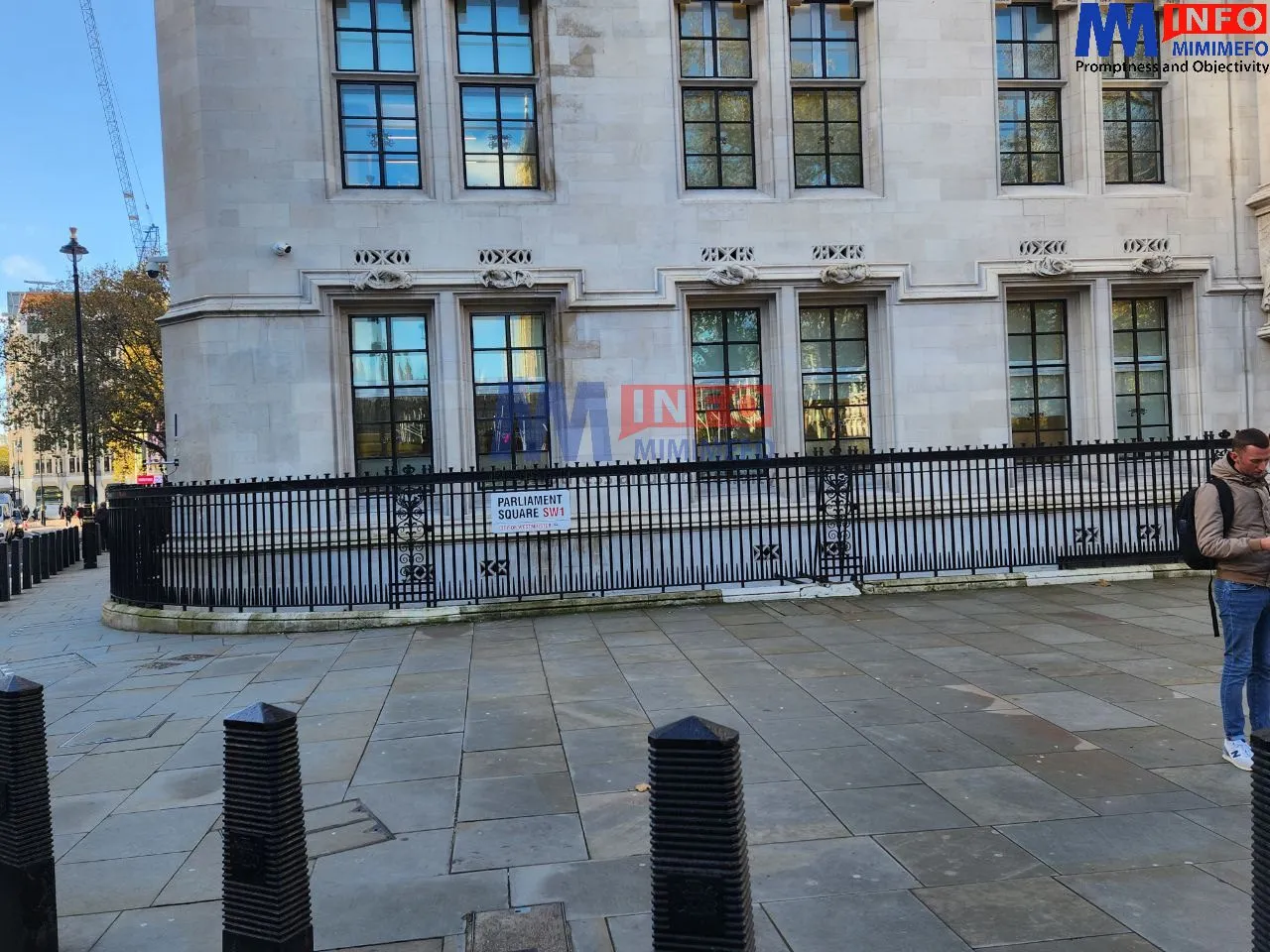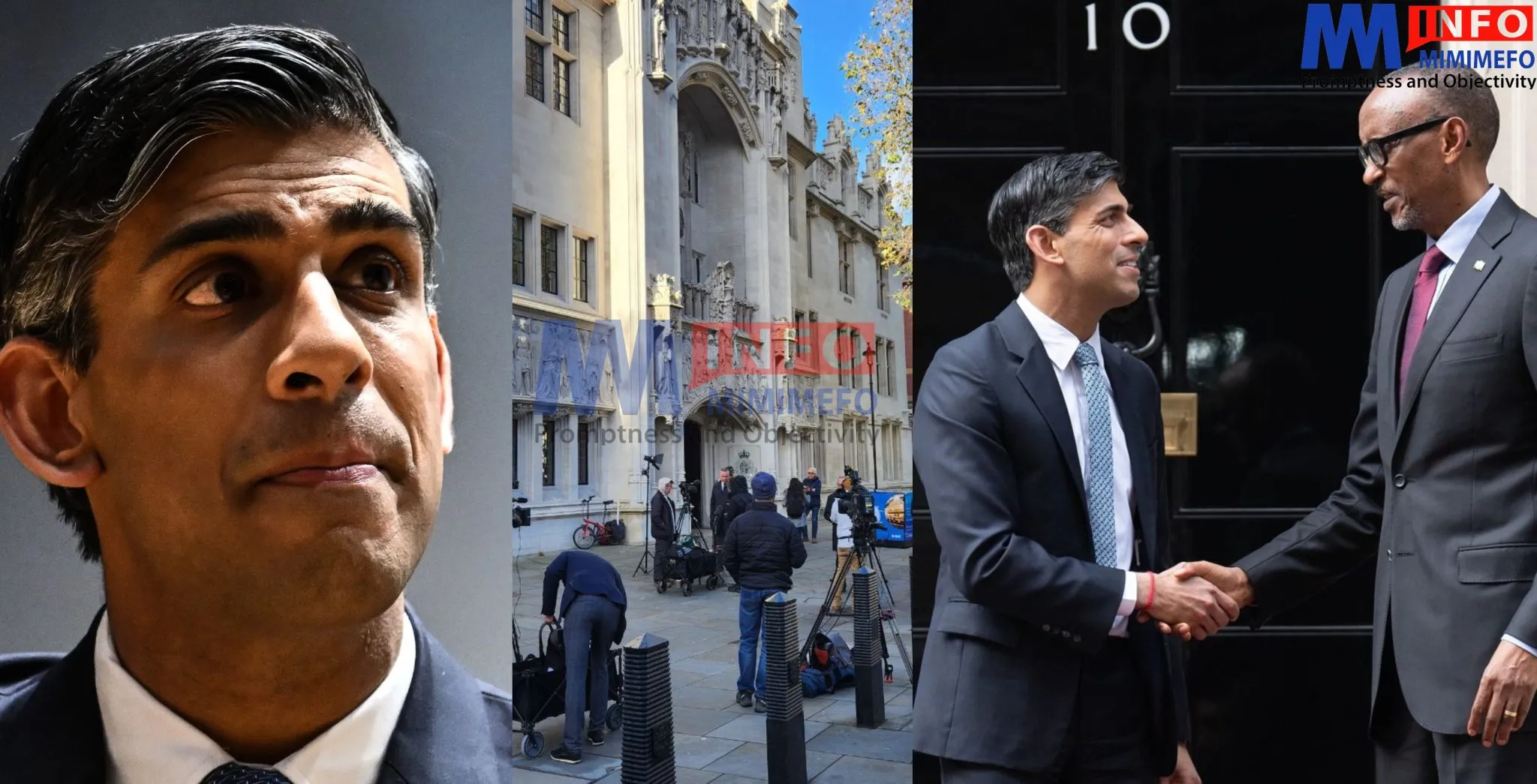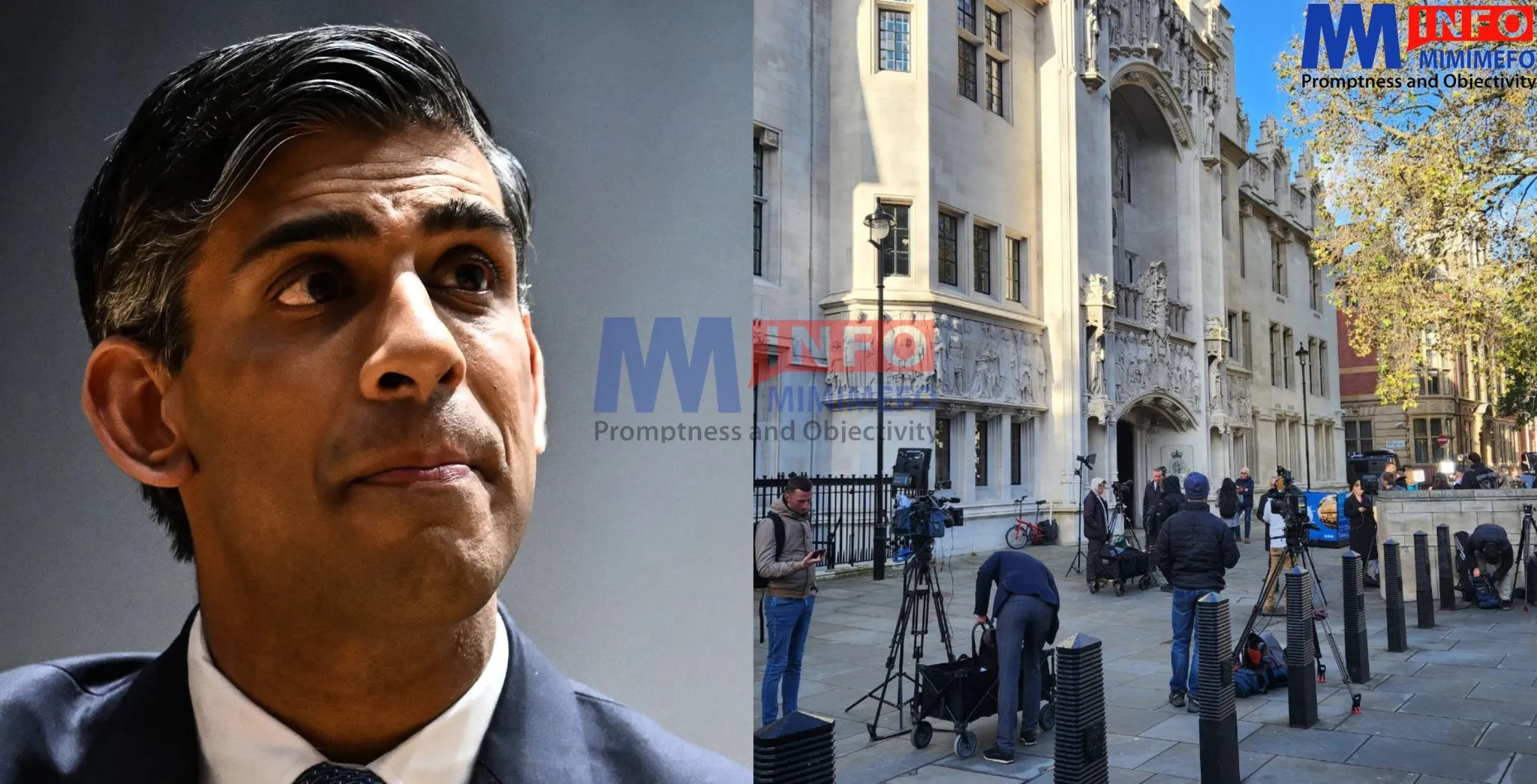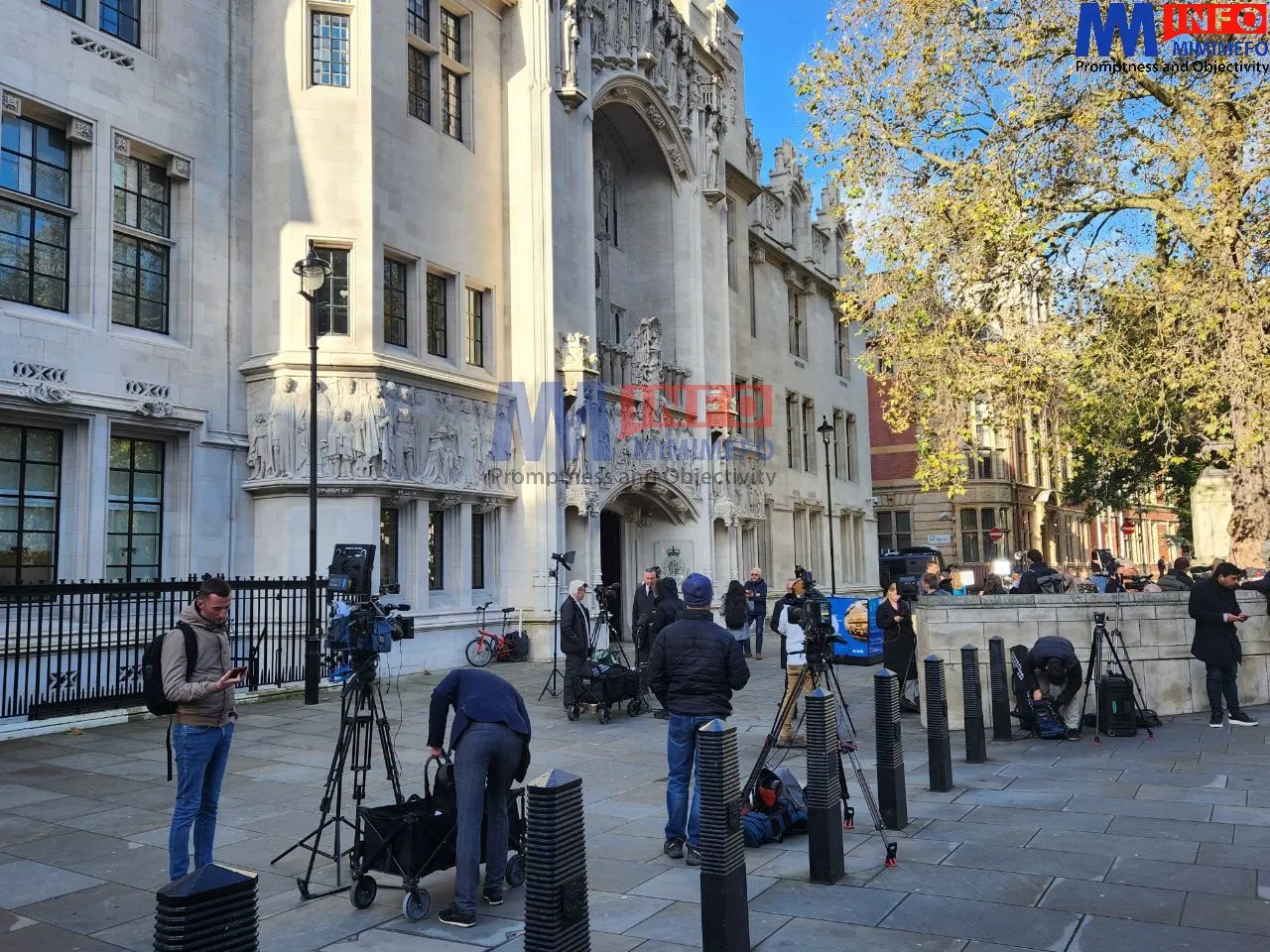Rishi Sunak’s government has received another significant blow to its immigration policy as the UK Supreme Court has issued a unanimous ruling, declaring the government’s policy of deporting asylum seekers to Rwanda as unlawful. Lord Robert Reed, the president of the Supreme Court, stressed that asylum seekers sent to Rwanda faced a genuine risk of being repatriated to their home countries without proper consideration of their claims, violating the principle of refoulement.
“There are substantial grounds for believing that the removal of the claimants to Rwanda would expose them to a real risk of ill-treatment by reason of refoulement,” stated the court’s judgement.
One of the lawyers for the asylum seekers told Mimi Mefo Info they were happy that this has come to an end but they were not surprised by the court’s decision.
“We are relieved, and this is exactly what we expected,” he said.
Despite expressing disappointment with the outcome, Sunak affirmed the government’s commitment to preventing illegal immigration, stating, “We have spent the last few months planning for all eventualities, and we remain completely committed to stopping the boats.”
The Prime Minister hinted at exploring alternative countries for a deportation scheme, emphasising the deterrent effect on illegal immigration. He stated, “When people know that if they come here illegally, they won’t get to stay, then they will stop coming altogether, and we will stop the boats.”
The agreement with Rwanda, a flagship policy of successive Conservative governments and a key element of Sunak’s strategy to “stop the boats,” now faces a critical setback. This decision by the Supreme Court not only challenges Sunak’s migration policy but also intensifies calls from Conservative MPs to consider leaving the European Convention on Human Rights (ECHR).
Suella Braverman, the main advocate of the Rwanda policy and recently dismissed as home secretary by Sunak, criticised the Prime Minister for lacking a credible Plan B. Braverman suggested that if leaving the ECHR was not an option, Sunak should consider bypassing the convention, the Human Rights Act, and other obligations hindering the removal of individuals with no right to be in the UK.
Lord Reed emphasised in the ruling that the decision was not solely based on the ECHR and noted that the UK is subject to other treaties, such as the UN Convention for refugees.
The Supreme Court’s ruling aligns with an earlier decision by the court of appeal, supported by evidence from the UN refugee agency, which identified real risks associated with deporting asylum seekers to Rwanda, potentially breaching the UN convention.
The judgement prompted reactions from various quarters, including politicians. Conservative MP Natalie Elphicke commented that the decision effectively marks the end of the Rwanda scheme. Meanwhile, Gina Miller highlighted the importance of the separation of powers in holding those in power accountable, and Green MP Caroline Lucas criticised the “inhumane” Rwanda scheme, urging a more respectful and dignified asylum policy.
“If the Tories had a conscience, they wouldn’t need a court to tell them that,” remarked Nadia Whittome, Labour MP for Nottingham East, emphasising the inhumanity of the Rwanda scheme.


